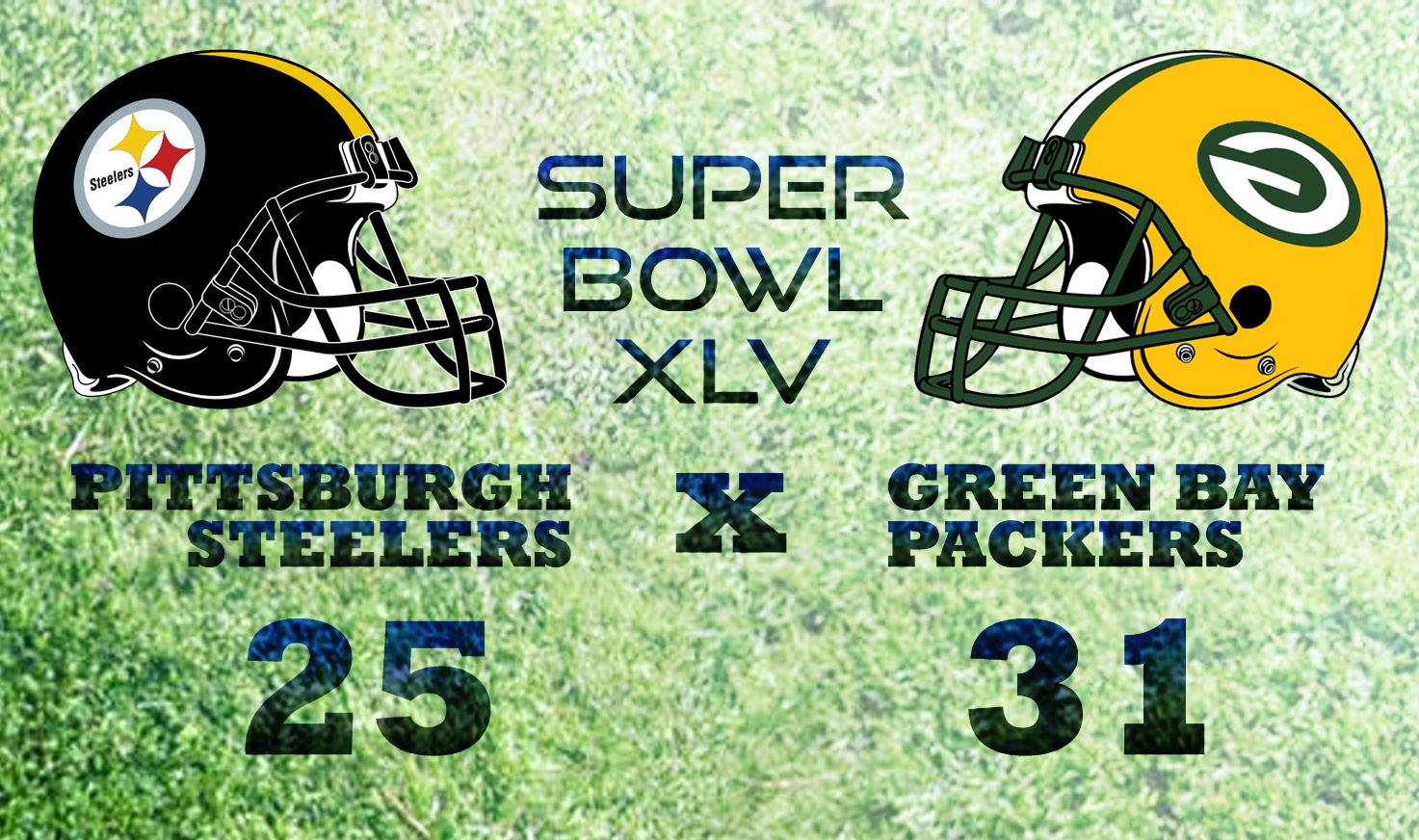
1 minute read
The jersey off his back
On Jan. 11, 13-year-old Nadin Khoury became the subject of national discussion when a video was posted online of him being beaten by seven teenagers while he was on his way home from school. The discussion is a hot topic that has recently come to the forefront of issues America faces. The discussion is bullying and what America ought to do about it.
But while psychologists and specialists are busy consulting Anderson Cooper on the problem, they forget to address the immediate problem: How do we help those who have already been victims of bullying? How do you bolster a child’s self-esteem after it has already been beaten out of him?
But you might also ask, what does this have to do with a sports column?
Well, keep reading, because you’re about to find out.
Recently on “The View” (a show that does not usually grace my television screen, but did appear on my computer screen for the short segment of the upcoming story), Khoury courageously came out and told his story.
And for his courageous maneuver,Khoury was rewarded.
During his interview on “The View,” Khoury was surprised with a visit from his favorite athlete, DeSean Jackson, a wide receiver for the Philadelphia Eagles, as well as two of the Eagles’ linemen, Todd Herremans and Jamaal Jackson.
As Khoury’s face filled with tears and bewilderment, DeSean Jackson gave Khoury the Eagles jersey off his back and signed it for him. And then Jackson told Khoury that if he were ever in trouble again, he and his two linemen would always have his back.
It was one of the moments during which famous athletes stopped becoming icons and became real heroes.
Too often, all we see of the athletes we call American icons are the news stories on steroid scandals, tax evasion schemes and general prima donna behavior. We become disgusted when players start asking for larger paychecks and threaten to ditch their teammates for more “bling.”
But for five minutes, three professional athletes became exactly what they were supposed to be: heroes. In a selfless act, DeSean Jackson took the jersey off his back and gave it to a kid who showed what it meant to be heroic. Sure, DeSean Jackson will get another jersey, but it’s the thought that counts. He was letting a young, bullied kid know that he was worth something, that he was something spectacular, that no one could tell him anything different.
He was telling him something we all need to hear.
J.M. ADKISON serves as the sports editor for the 20102011 Bison. He may be contacted at jadkiso1@harding.edu















